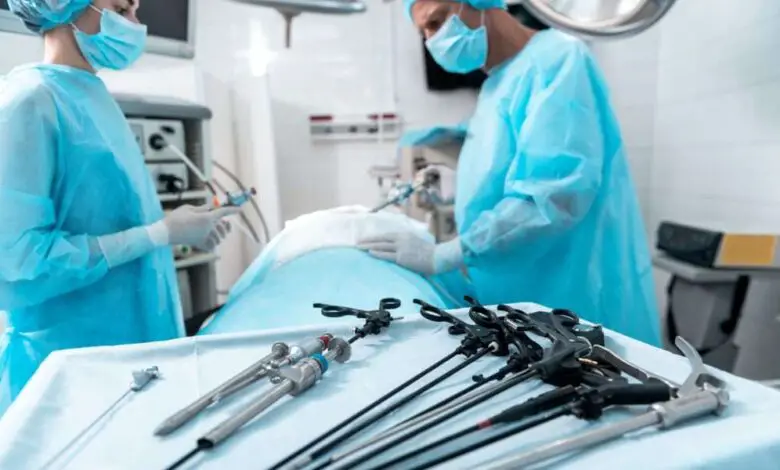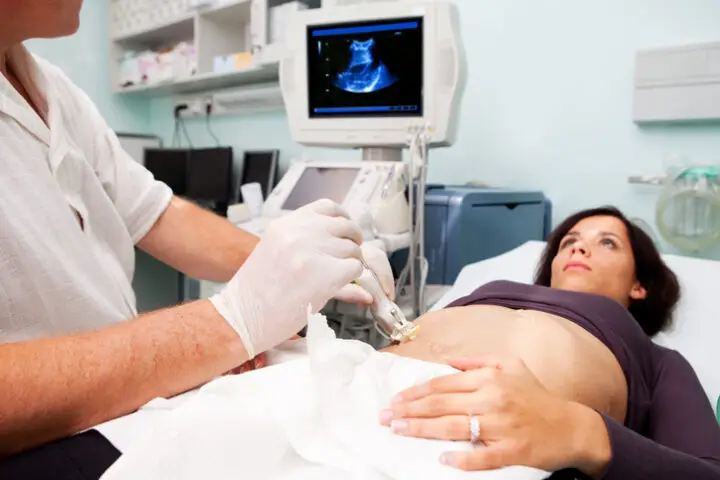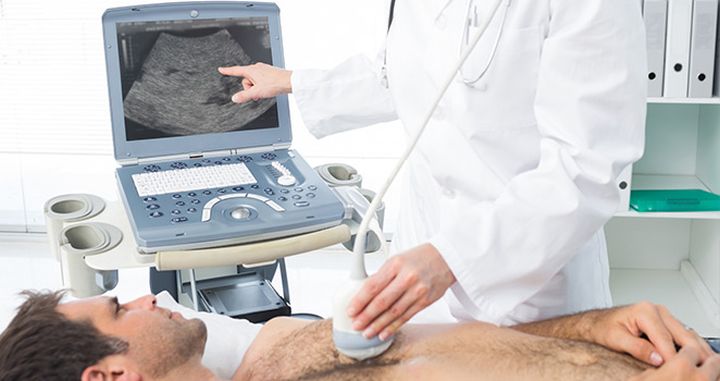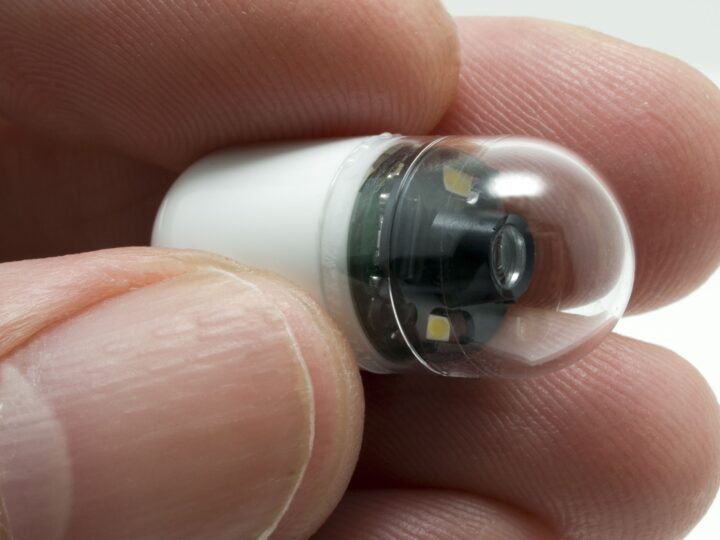Can Gastroenterologist Perform Surgery? Here’s what to Expect

Also known as gastroenterologists, gastro specialists specialize in digestive healthcare. They can diagnose and prescribe or recommend treatments for diseases of the GI tract for men and women.
Some of the conditions that may warrant an appointment with a gastro specialist include; acid reflux, piles, colon cancer, IBS, jaundice, ulcers, bloody stool, pancreatitis, polyps, etc.
Do Gastro Specialists Offer Surgery
You should not confuse gastro specialists with colorectal surgeons. Unlike colorectal surgeons who offer surgeries, gastroenterologists do not perform surgeries.
Instead, a gastro specialist is limited to diagnosing conditions affecting the GI tract and offering appropriate medical treatments to manage such situations. Here’s a roundup of some of the non-surgical treatments that you can expect from your gastro specialist.
Colonoscopies

Colonoscopies are medical tests that may be recommended to examine the inside of your large intestine. It can help detect possible causes of rectal bleeding, abdominal pain, or abnormal bowel habits. If you’re age 45+ or at risk of colorectal cancer due to issues like having a family history of the disease, your GP may also recommend appointments with a gastro specialist to help you prevent colon cancer.
When being offered colonoscopies as a preventive mechanism against cancer, your gastro specialist will remove abnormal growths, also known as polyps, before they can develop into cancers. For this procedure, your doctor will let you know of the essential preparations you should make to ensure that your colon is clean.
This is important to ensure that they get an accurate diagnosis when they insert a colonoscope to view the inside of your colon and the lining. They may collect biopsies for further testing during colonoscopies.
Sigmoidoscopies
Sigmoidoscopy is also known as flexible sigmoidoscopy. Unlike in colonoscopy, where your gastro specialist would examine your entire colon, in this procedure, the provider will examine just the inside of your sigmoid colon.
The sigmoid colon is the final third of your descending colon connected to the anus by your rectum. Your gastroenterologist will still use an endoscope to check for abnormalities inside your sigmoid colon for this medical examination procedure.
Some of the abnormalities detected during sigmoidoscopy include polyps, ulcers, cancer, and abnormal cells. In some cases, the provider may need to collect tissue samples and send them to the lab to examine any abnormal cell changes.
Your GP may recommend an appointment with a gastro specialist if you report abdominal pain that may have come with unexplained weight loss, rectal bleeding, and abnormal changes in your bowel habits. The preparation requirements for sigmoidoscopy are the same as those for colonoscopy.
Ideally, you will need to have your colon clean and avoid red or purple-colored liquids as they may interfere with the test results. You can get a bit of cramping and bloating, which are normal after this procedure.
At https://www.andrea-digestive-clinic.com/, you can find further information on how sigmoidoscopy is performed.
Liver Biopsies

Liver biopsies are diagnostic procedures done to collect small pieces of liver tissues to be examined for any signs of disease or damage. Your GP might recommend a visit to a gastro specialist for a liver biopsy if they got imaging studies or blood test results that hinted about a possible problem in your liver.
Liver biopsies are also primarily used in determining the severity of liver disease among patients. Percutaneous liver biopsy is one of the most common types of liver biopsies that may be recommended for you.
For this procedure, the gastro specialist will need to insert a thin needle via your abdomen and carefully guide it into the liver to collect a small tissue for further tests. When preparing for a liver biopsy, you will need an appointment with your gastro specialist, who will tell you what to expect and how to prepare for the test.
Endoscopic Ultrasounds (EUS)

This is a minimally invasive medical assessment procedure that may be recommended to check for GI tract complications and lung diseases. Your gastro specialist will need to use a special endoscope that utilizes high-frequency sound waves to get high definition images of the inside lining of the walls of your GI tract, chest, and surrounding organs like the liver, pancreas, and lymph nodes.
The gastro specialist may also collect tissue samples via biopsies during this procedure for further analysis. EUS is usually offered as an outpatient procedure, meaning that you can expect to go back home after the procedure. Perhaps the only concern that may rule you out as not ideal for the exam is if you have had abdominal operations that manipulated your anatomy, such as Roux-en-Y gastric bypass.
Double Balloon Enteroscopy (DBE)
This test uses an approach akin to the one used in colonoscopies and sigmoidoscopies. It also involves using a thin, flexible tube fitted with a camera; enteroscope to look into the inside of your esophagus, the stomach, and a section of your small intestine.
To prepare you for this procedure, your gastroenterologist will give you an enteroscopy prep planner, which has written instructions for this procedure to help you prepare for the exam. If your gastro specialist notices any area that may require further evaluation, they may need to collect tissue samples (a biopsy), which they will send to the lab for further analysis.
Capsule Endoscopies

If your gastro specialist recommends a capsule endoscopy, you will need to swallow a vitamin-size capsule endoscopy camera. This camera will travel through your GI tract, taking images transmitted to a recorder attached to a belt you will need to wear around your waist for this assessment.
This procedure may be preferred in some cases because it makes it easy for the gastroenterologist to see the inside of your small intestine, in the areas which are hard to access with conventional endoscopes. For this procedure, too, your preparation will involve ensuring that you have a clean small intestine, implying that you will need to forego eating or drinking for some time as you prepare for this assessment.
